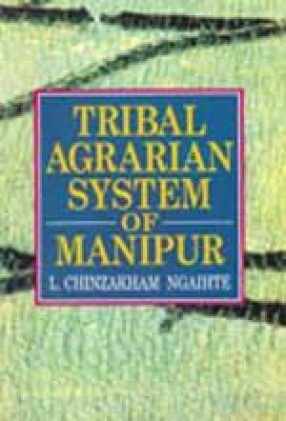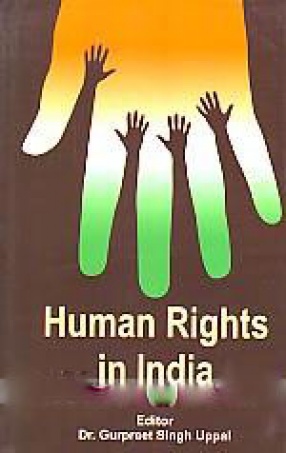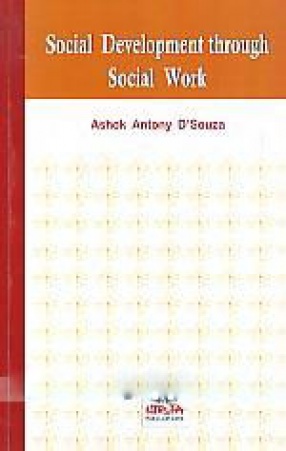The main focus of the work has been on the agrarian relations of the Zomi of Manipur, an ethnic group formerly known as the 'Chin-Kuki-Mizo' groups living in the southern parts of Manipur hills bordering Myanmar and the Mizoram State of India. Virtually isolated and backward, the agrarian relations prevailing in the Zomi economy are conspicuous by the overriding influence of the traditional chieftainship. Jhum cultivation or slash and burn have been the mainstay of the economy in spite of not being able to meet the increasing demand of the ever-growing population. The book, inter alia, analyses the expensive and destructive character of jhum in the light of the scarce land mass available for cultivation. It also takes into account its long-term ecological impact over the entire resources of the economy.It also looks into the deteriorating condition of the farmers or cultivators who had no 'rights' over the land they cultivate. The book shows how and why such jhum cultivation of the land has increasingly led to meager yield per acre as well as labour. Besides, the volume makes an analytical study of 'land' as an important resource input particularly for an agricultural economy. The effect and implementation of the Manipur Land Revenue & Land Reforms Act 1960 respectively in the valley and hill areas of the State was also treated rather comprehensively. Similarly, a chapter is devoted to examine the extent of rural poverty and unemployment in India a whole. As a result of the sample survey conducted for the purpose, the book clearly shows the magnitude and widespread nature of poverty in the economy (Zomi economy).Another feature of the book is the attempt it makes to review related literatures on the agrarian relations as a whole. For planners and decision makers the book will be of immense help so far as rural development planning decision is concerned.
Human Rights in India
$21.60
$24.00





There are no reviews yet.